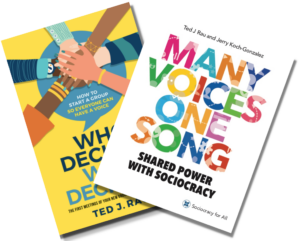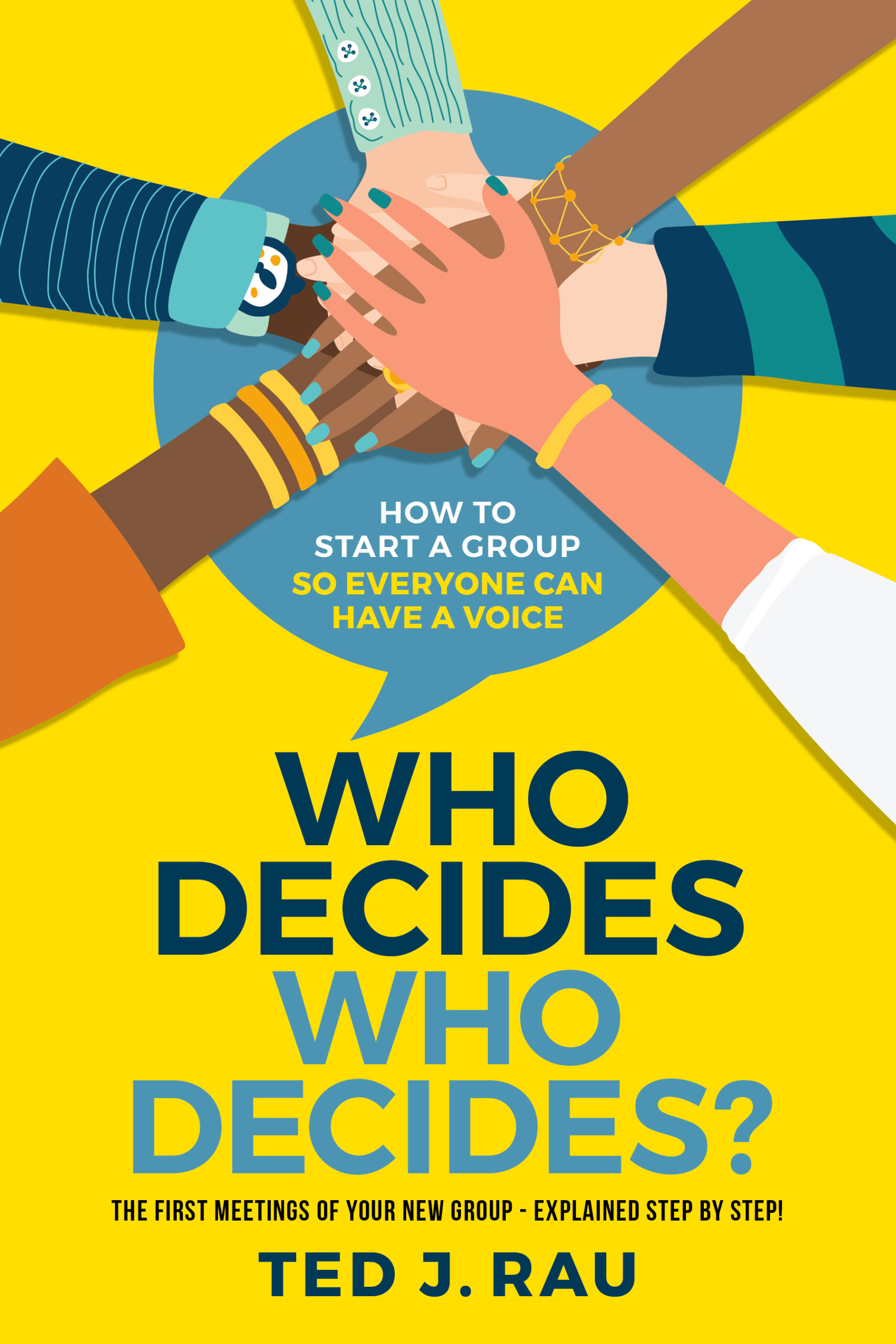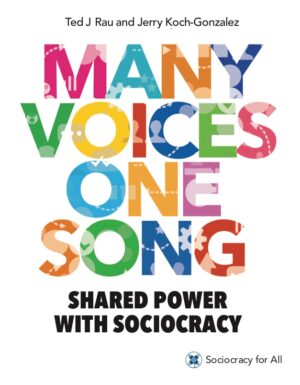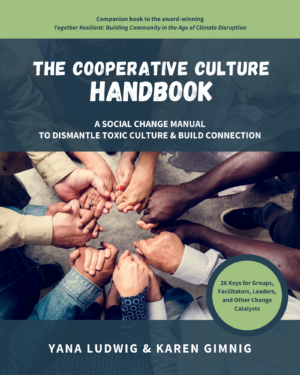Description
Who Decides Who Decides? How to start a group so everyone can have a voice
By Ted J. Rau from Sociocracy for All
You can launch a new group in 3 meetings and establish shared power and self-management! Begin by defining the purpose, and put the infrastructure and practices in place that you will need to decide together so all voices can be heard.
Any group can form itself using the template outlined in this book. It works especially well if the founders and early members want to grow and nourish an organization that gives every member a voice and is effective.
Your group could be an intentional community, a school or religious group initiative, community activism, homeschool playgroup… any group of people wanting to organize around a stated purpose!
So many groups form. And so many groups fade. What distinguishes the groups that grow and flourish from those that fade and fail?
The success factors are well-studied, even though the lessons learned hardly make it into the design of those who start groups. That makes sense – groups form because people feel the urgency for change in an area of their attention, not because they are experts in how to start a group.
Yet, starting a group can be learned – and this book is your guide into the unknown! With color illustrations and step-by-step instruction to guide you through the process. Available in paperback. Ebook option includes pdf and epub.
2021, paperback, 119 pages
 Decide to buy the bundle and save money.
Decide to buy the bundle and save money.
When you also purchase its companion book, Many Voices One Song, you save 25% on both books!
Many Voices One Song is a detailed manual for implementing sociocracy, an egalitarian form of governance also known as dynamic governance. This book includes step-by-step descriptions for structuring organizations and decision-making as well as illustrated diagrams & tables, examples, lists, skits, and stories from the field. You can not only read but see how this process works and get started putting it into practice.











